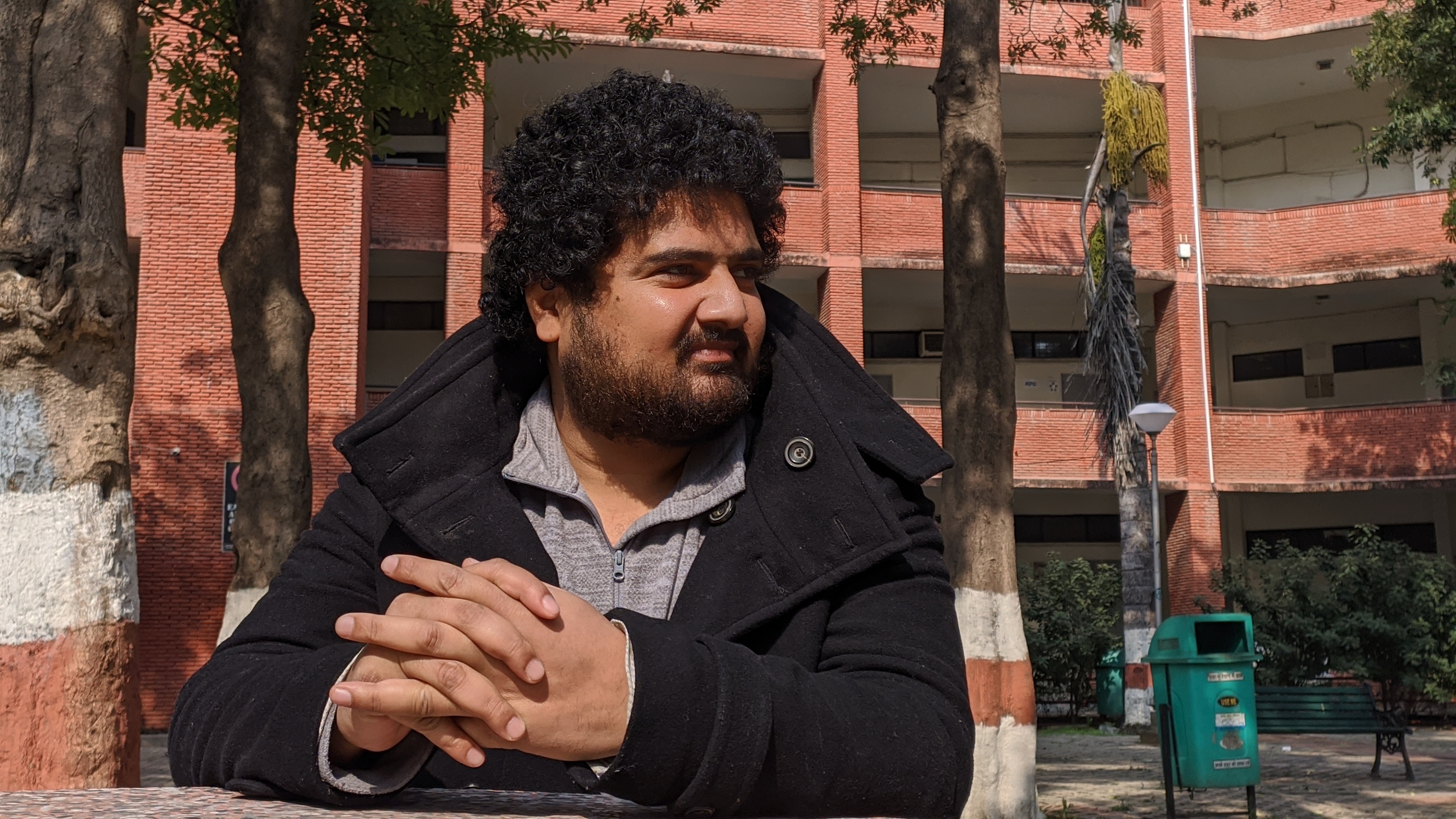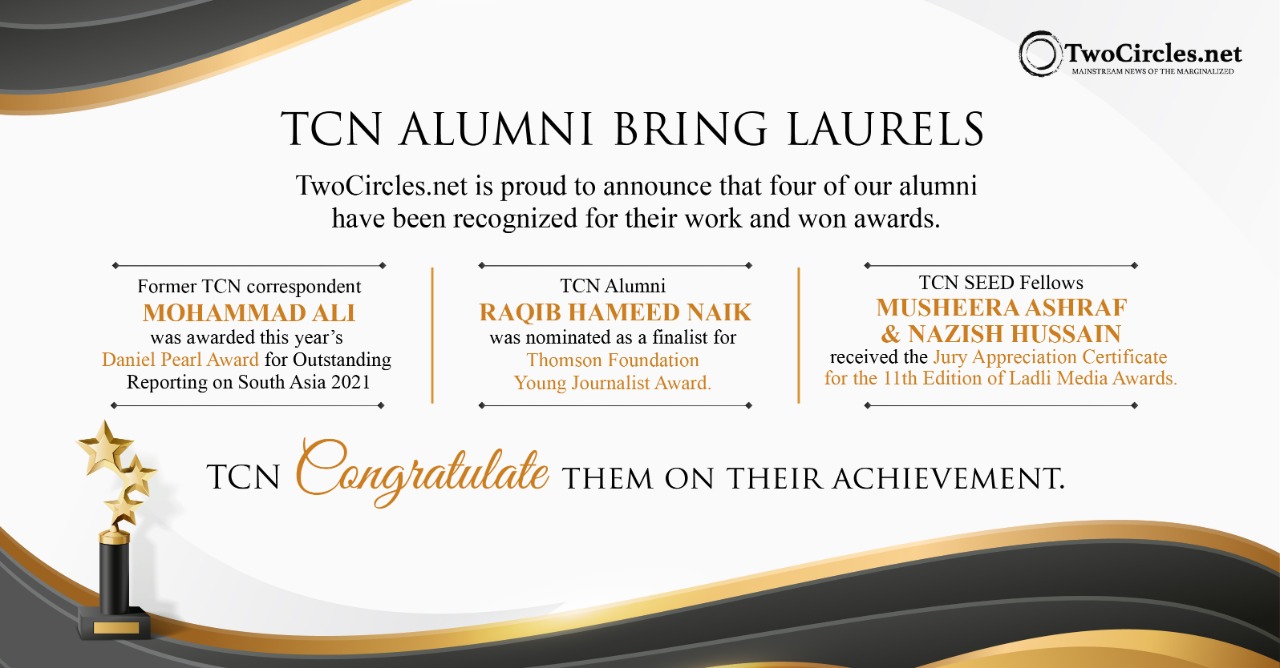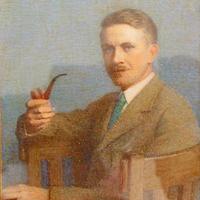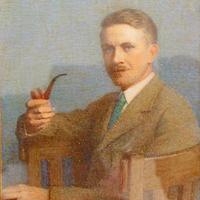Author Nehal Ahmad talks about his book on AAC, resistance through art and what awaits Muslims in India – TwoCircles.net


Nehal Ahmed is a PhD candidate at the Academy of International Studies, Jamia Millia Islamia, New Delhi. His first book, Nothing Will Be Forgotten (published by LeftWord) is a student’s account of the large-scale protests against the Citizenship Amendment Act and acts of resistance by students at his university. In an email interview with TwoCircles.net, Nehal talks about his book, his earliest memories of the protest, and the changes brought about by the anti-CAA protests among Muslims in India.
TCN Staff Reporter
Why this title?
This title is inspired by that of Amir Aziz poem ‘Sab Kuch Yaad Rakha Jayega (All will be remembered)’. During the anti-CAA protests, many things became popular including graffiti, songs, slogans, etc. Amir Aziz’s poem was one such poem and song and it became a watchword during the unrest. It has been featured in many places. As a writer, I thought of using something like this that reflects protest.

It has been two years since the protests took place. What do you think has changed since then?
Due to the Covid-19 pandemic, the protest ended and nothing substantial changed. However, one thing that I notice has changed is that the Muslim community has become more politicized. Previously, the Muslim community was always seen as a safe vote bank for secular parties, but since the anti-CAA protests, I have noticed that the community is now politically opinionated.
Considering the current political scenario, did you censor certain parts when writing different versions of the book?
Not really. As a University student, I was there and saw it all. I just documented what I saw there.
Which chapter of the book do you think is the strongest and why?
There is a chapter titled resistance through art, which I believe is one of the strongest and most important chapters. This is because art is never considered a very serious activity in our society. But during the anti-CAA protests, art was used as an important part of the protest. There are several ways to register your protest and we continue to use the traditional method, but this art protest has taught us to use different methods of resistance. Poems, songs, graffiti and libraries played a very important role.
A story (personal story) that deeply disturbed you?
Many of these stories bothered me. I think the video footage of the attack on Jamia’s library has troubled me deeply. The next morning I went to the library and saw that everything had been broken and damaged. The place where I used to sit and study had been shattered. I felt it deeply. At Jamia I spent most of my time in the library and I have a very special relationship with the library. That’s the reason I still feel bad about it.
Tell us about the impact of the anti-CAA agitation on you as an individual?
For many years I have heard of the term “Idea of India”, but during the anti-CAA protests I saw and experienced it for the first time.




